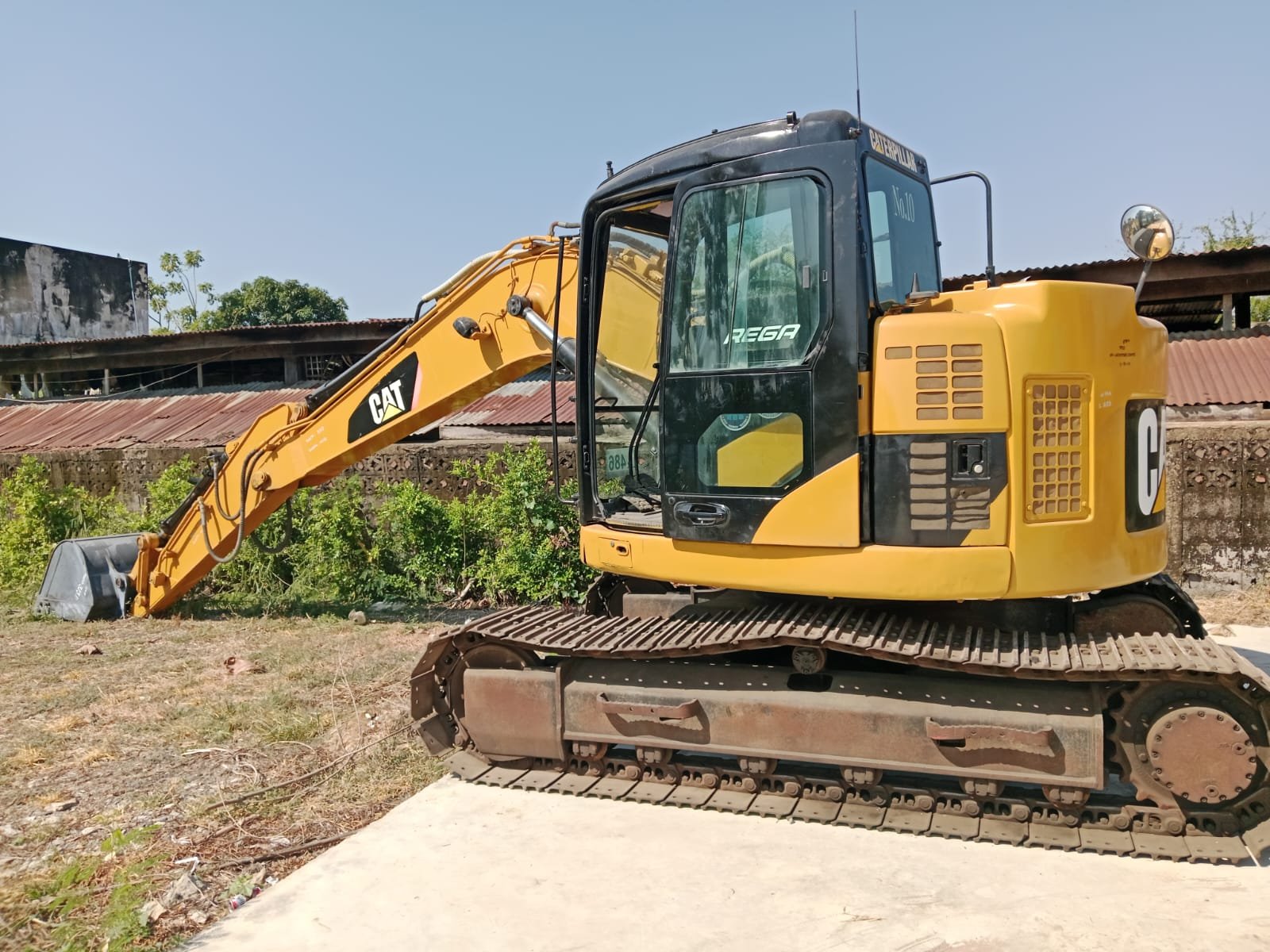Selecting the right construction equipment is crucial for the success of any project. The wrong choice can lead to delays, budget overruns, and even safety hazards. This guide will help you make informed decisions when choosing equipment for your next project.
1. Define Your Project Scope:
- What are the specific tasks involved? Will you be excavating, demolishing, transporting materials, or performing other tasks?
- What is the scale of the project? Is it a small residential project or a large-scale commercial development?
- What are the site conditions? Consider factors like terrain, accessibility, and the nature of the materials you’ll be working with.
2. Determine Your Budget and Timeline:
- Set a realistic budget for equipment purchase, rental, or lease.
- Establish a project timeline and factor in equipment needs at each stage.
3. Evaluate Your Equipment Options:
- New vs. Used:
- New: Offers the latest technology, warranty coverage, and lower operating costs initially.
- Used: More affordable upfront, but may require more maintenance and repairs. Consider the equipment’s age, condition, and service history.
- Rental vs. Purchase:
- Rental: Provides flexibility and avoids the long-term commitment of ownership. Ideal for short-term projects or infrequent use.
- Purchase: Offers long-term cost savings and greater control over maintenance and upgrades.
4. Consider Key Equipment Features:
- Power and Performance: Choose equipment with sufficient power and performance to handle the demands of your project.
- Versatility: Consider the availability and cost of attachments that will enhance the equipment’s versatility.
- Safety Features: Prioritize safety features such as rollover protection structures (ROPS) and falling object protection structures (FOPS).
- Operator Comfort: Choose equipment with comfortable and ergonomic operator cabins to improve productivity and reduce fatigue.
- Fuel Efficiency and Emissions: Consider equipment with fuel-efficient engines and low emissions to reduce operating costs and environmental impact.
5. Research Manufacturers and Dealers:
- Reputation: Choose reputable manufacturers known for quality, reliability, and good customer support.
- Dealer Network: Select a dealer with a strong service network, readily available parts, and experienced technicians.
- Warranty and Service Contracts: Inquire about warranty coverage, service contract options, and the availability of preventive maintenance programs.
6. Get Quotes and Compare:
- Obtain quotes from multiple dealers for the same or similar equipment.
- Compare features, pricing, and service options carefully.
- Don’t hesitate to negotiate to get the best deal.
7. Consider Long-Term Costs:
- Fuel consumption: Estimate fuel costs based on expected usage.
- Maintenance and repairs: Factor in the cost of routine maintenance, repairs, and potential downtime.
- Operating costs: Consider operator wages, insurance, and transportation costs.
8. Seek Expert Advice:
- Consult with experienced contractors, engineers, or equipment rental specialists for guidance and recommendations.
By carefully considering these factors, you can select the most suitable construction equipment for your project, ensuring efficiency, safety, and success.
Disclaimer: This blog post is for informational purposes only and should not be considered financial or professional advice.


